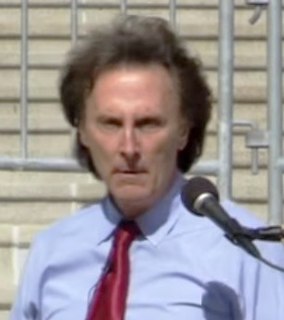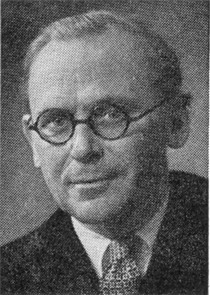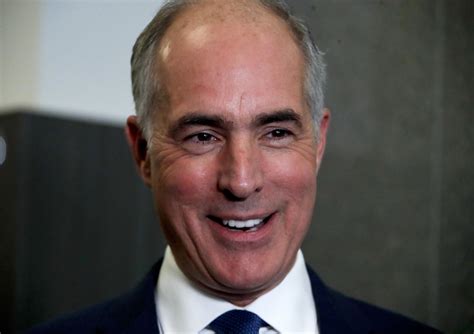A Quote by Siddhartha Mukherjee
It felt—nearly twenty-five hundred years after Hippocrates had naively coined the overarching term karkinos—that modern oncology was hardly any more sophisticated in its taxonomy of cancer.
Related Quotes
We went through the records and we found over five hundred of his patients who were alive and well five years after their treatment, with no cancer. And Dr. Burton didn't selectively give us these. These were "take what you want. Here are the patients I treated." So there was statistical improvement - more so than any cancer institution in the United States could show.
The same costume will be Indecent ten years before its time, Shameless five years before its time, Outre (daring) one year before its time, Smart (in its own time), Dowdy one year after its time, Ridiculous twenty years after its time, Amusing thirty years after its time, Quaint fifty years after its time, Charming seventy years after its time, Romantic one-hundred years after its time, Beautiful one-hundred-and-fifty years after its time.
At the time I discovered that I had prostate cancer, it was not long after my first wife had died, so my children had lost their mum. I felt that to tell them that I had prostate cancer, while I knew that I had it and there was a threat of some sort, I felt that it would be wise not to make things worse for them.
This man, who for twenty-five years has been reading and writing about art, and in all that time has never understood anything about art, has for twenty-five years been hashing over other people's ideas about realism, naturalism and all that nonsense; for twenty-five years he has been reading and writing about what intelligent people already know and about what stupid people don't want to know--which means that for twenty-five years he's been taking nothing and making nothing out of it. And with it all, what conceit! What pretension!
Not only are we going to shift in our own lives - away from always trying to identify ourselves on the basis of what we have, what we do, and who we are better than, and so on - but shift into more reaching out, more service, more kindness, more living the virtues that Lao Tzu spoke about twenty-five hundred years ago.





































